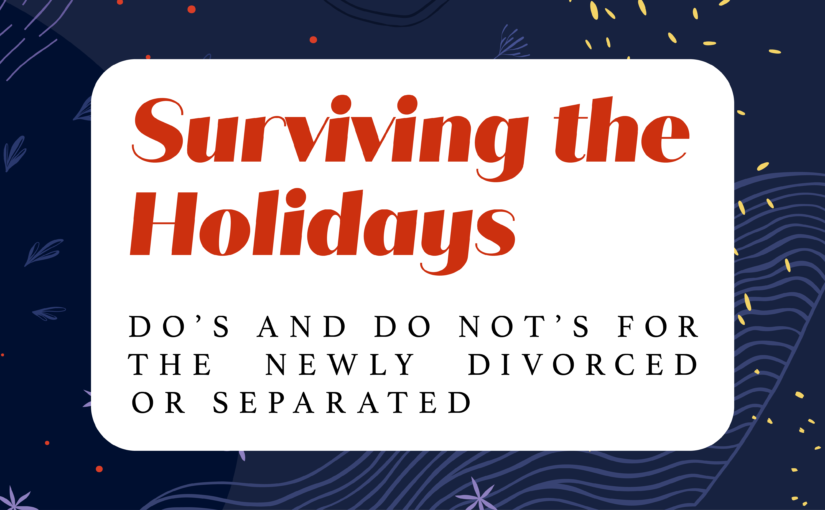by Jennifer J. Riley

Knowing how to handle the house during separation and divorce in Pennsylvania can create the most insecurity during the process. This post addresses some of the more common questions we answer related to the divorce process and the house (also commonly referred to as the “marital residence” in equitable distribution.)
Can I afford the house?
This is not an easy question to answer. If you keep the house, you will likely need to refinance the house in order to remove your spouse’s name from the mortgage (if the mortgage is in both of your names). You will also likely need to pay to your spouse a significant percentage of the equity value of the house. Please call us for a free consultation to receive legal advice as to how a house is valued in equitable distribution. There are several details we will need in order to tell you how your house will be valued.
It is never too soon to discuss your pending divorce with a financial planner. A financial planner can help you investigate options available to you to help afford the mortgage after the divorce. Some things to consider will be: the other assets you will have; whether you will receive or pay alimony; whether there is enough equity in the house.
When we have all of the information related to your assets, your divorce lawyer can share with you different options available to help you afford the house. We can look at your other assets, such as retirement accounts (including 401k Retirement Savings Plans), bank accounts, savings accounts, pensions, and more, to help you create a distribution and settlement that helps you keep the house.
If it will not be possible for you to keep the house, you will likely sell the house during or after the divorce process. Consulting with a realtor early in the process will help you understand the true fair market value of your house, and will help you decide if selling is right for you.
Can I leave the house during the separation and divorce process?
There is a great deal of “advice” on the internet suggesting that you refuse to leave your home during the divorce process. In Pennsylvania, you do not lose your economic rights to the value of the house if you choose to move from the house. Everyone has the right to live in a happy – and, most of all, SAFE – environment. You are not a prisoner during the divorce process and the process can take anywhere from four months to several years, depending on the facts in your case; there is no reason to put your happiness on hold while the process continues.
If you move, you may not be able to move with the children – especially if you are relocating outside the county or state. Please schedule a free consultation so that we can help you navigate moving from the home when you have children. There are additional factors to consider when you are planning to move with your children from the house and we will provide you more detailed information to help you decide your next steps.
Do I have to pay the mortgage if I leave the house?
Generally speaking – and there are some exceptions – the spouse who continues to reside in the house is required to pay the mortgage, taxes, insurance, and other necessary expenses for the house. If the payments are not being made and your house may face foreclosure, be sure to contact a divorce lawyer as soon as possible.
We are happy to discuss other matters related to your house and the divorce process. Please schedule a free consultation with one of our experienced attorneys. We can provide answers to your questions to help you make these important decisions, and to help you protect what matters most.









